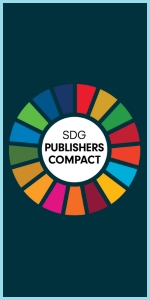Despite termination of pregnancy decriminalisation in 2018 in Queensland, people accessing this service continue to face inequitable barriers such as interpersonal violence, sexual and reproductive education, stigma, and affordability. By examining the experiences of people seeking assistance from a counselling service, we highlight how these barriers intersect to undermine reproductive rights, even in a decriminalised context. All-options pregnancy counselling services play a vital role in supporting access, but inclusive multisectoral action is needed to eliminate barriers to comprehensive care.
SH22059 Abstract | SH22059 Full Text | SH22059PDF (1.3 MB) Open Access Article





